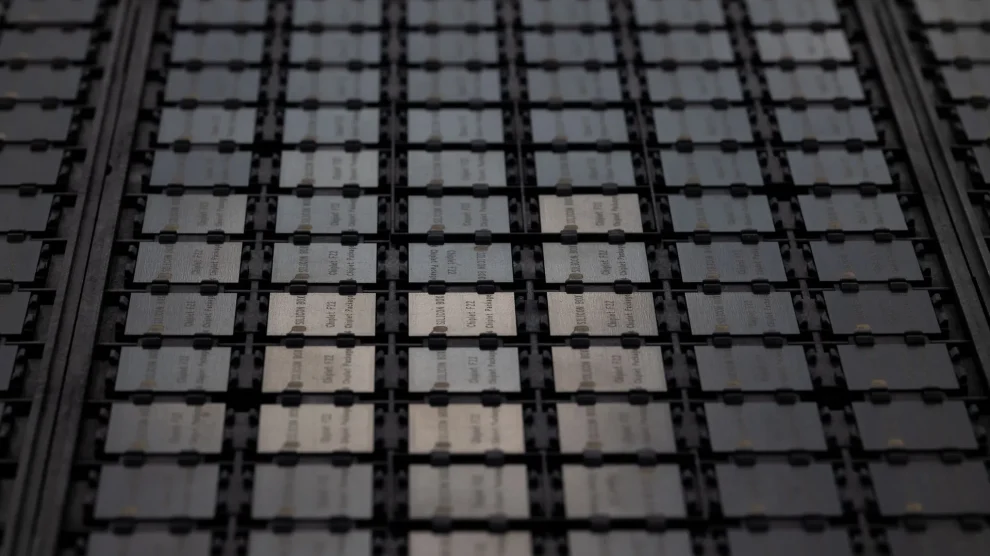Silicon Box to build cutting-edge Italian plant. The Singapore-based startup will invest €3.2 billion to develop a new chiplet manufacturing operation in Northern Italy, bolstering the country and the European Union’s prowess in the highly strategic semiconductor sector. This was announced on Monday by Enterprise Minister Adolfo Urso and Silicon Box CEO Byung Joon Han.
- “Recent global disruptions underscore the need to build a more resilient supply chain for semiconductors in Europe,” stressed the Italian minister, who has been working to position Rome as a leading actor in chip design, new materials and advanced assembly.
- Italy was “the first choice for our global expansion,” noted Mr Byung, emphasising the shared cultural values, “curiosity, passion and a tireless commitment to excellence” the country shares with Singapore.
Catch up with Rome’s chip drive. “This initiative testifies once again that we are able to attract the interests of global technology players and that Italy is in the running to hold a leading position in the sector. We are convinced that this new facility will act as a catalyst for further investment and innovation in Italy,” said Minister Urso, who in turn is the driving force behind Rome’s semiconductors strategy.
- In August, his ministry allocated €730 million to fuel semiconductor research and development.
- In November, three ministers (including Mr Urso) took part in the inauguration of a new centre for chip design, the Chips.IT Foundation.
All in on chiplets. Silicon Box’s new facility would turn Italy into the new European garrison of this highly innovative sector. The industry has been focussing on designing small, modular, highly specialised microchips as an alternative to the increasingly difficult process of miniaturising and packing more transistors into microchips. The idea is to create several components instead, each dedicated to a specific purpose, and combine them to create a computing system that is just as advanced, easier to produce and cheaper.
- The future of chiplets hinges on developing the standards for integrating them. It just so happens that chiplet integration is one of Silicon Box’s key areas of expertise, along with advanced packaging and testing.
- The industry has embraced an open-source standard called Universal Chiplet Interconnect Express. Companies are working to lay the groundwork for these cutting-edge systems and determine the best balance between cost and performance.
Redefining industries. The ultimate goal of chiplets is to give chipmakers and their customers greater freedom in rapidly evolving fields such as artificial intelligence, supercomputing, aerospace and next-generation vehicles. Their versatility and cost-effectiveness might just reshape the landscape of technology product value chains; why buy a whole “package” of computing power if only some components are required, and there’s a way of making them work together?
Think at the European level. Silicon Box’s new factory is rightfully part of the European race to strengthen its technology landscape and reshore 20% of chip production, as spelt out by the EU’s Chips Act. Design and planning are already underway, while actual construction will begin after the European Commission’s approval, reads a ministerial statement.
- In Rome’s opinion, the project – the EU’s first investment in the advanced backend for chiplet production – fills a void to strengthen the EU’s value chain, and helps create a more “resilient and geographically balanced” chip industry.
Image: Silicon Box




